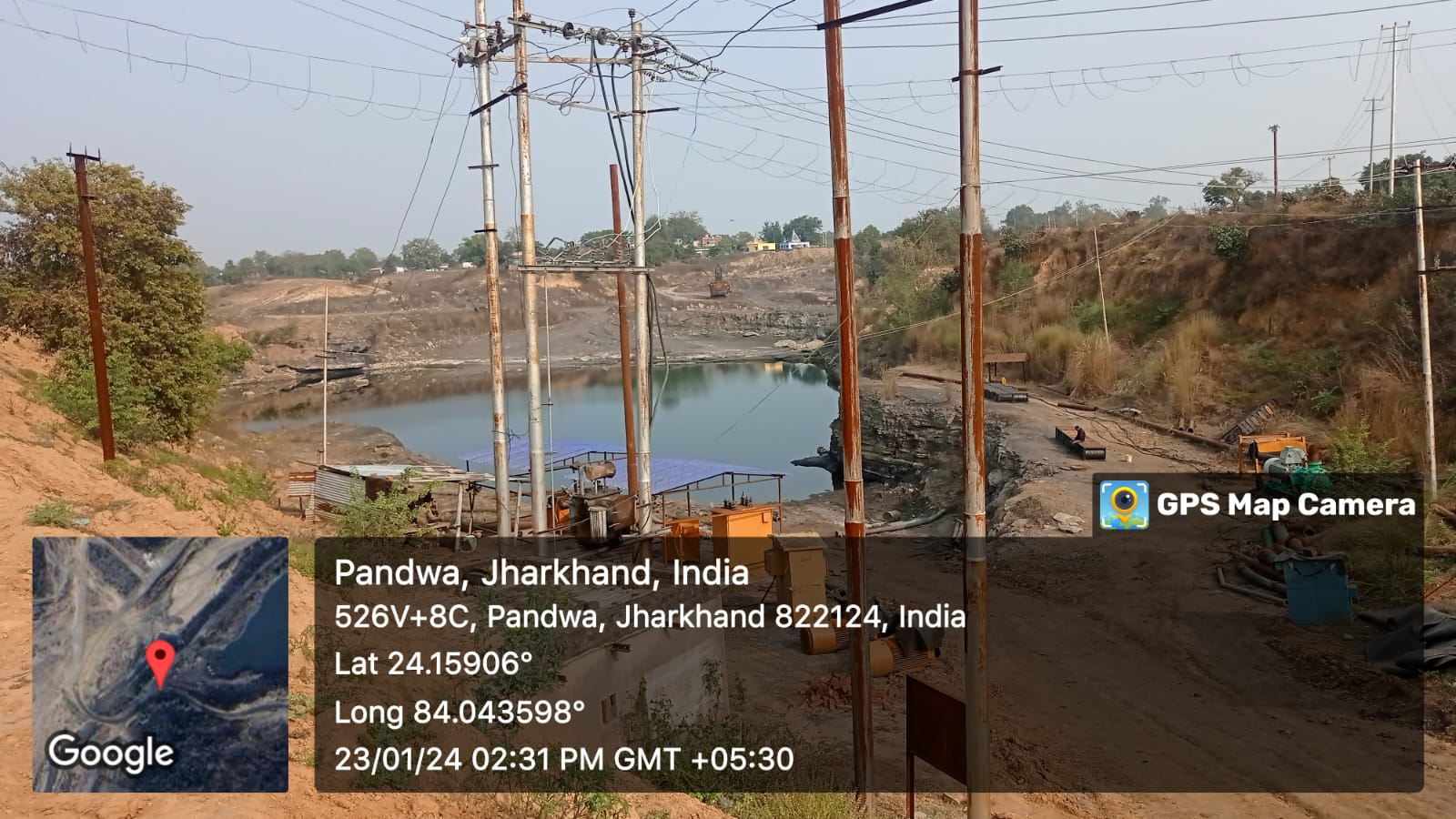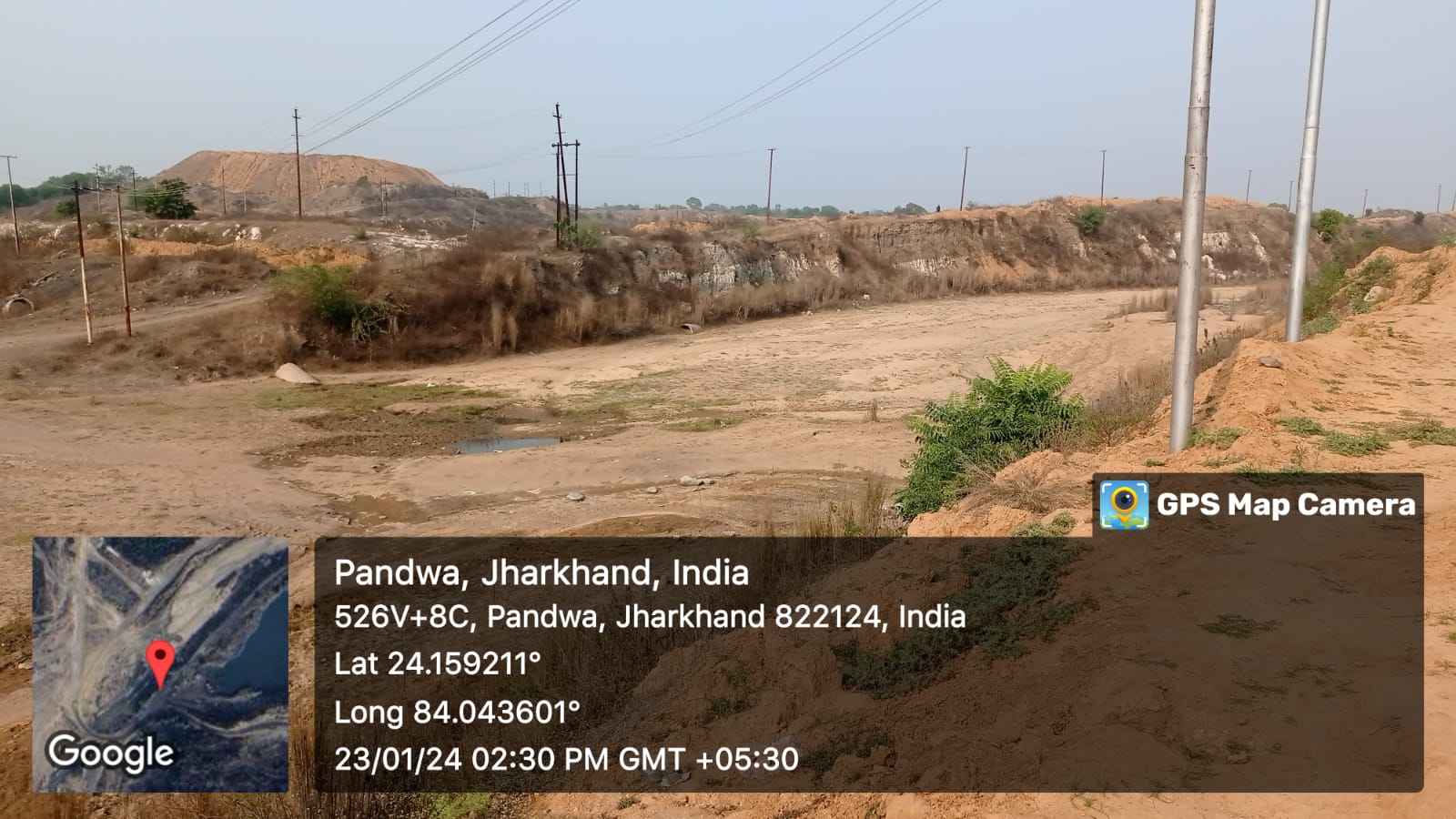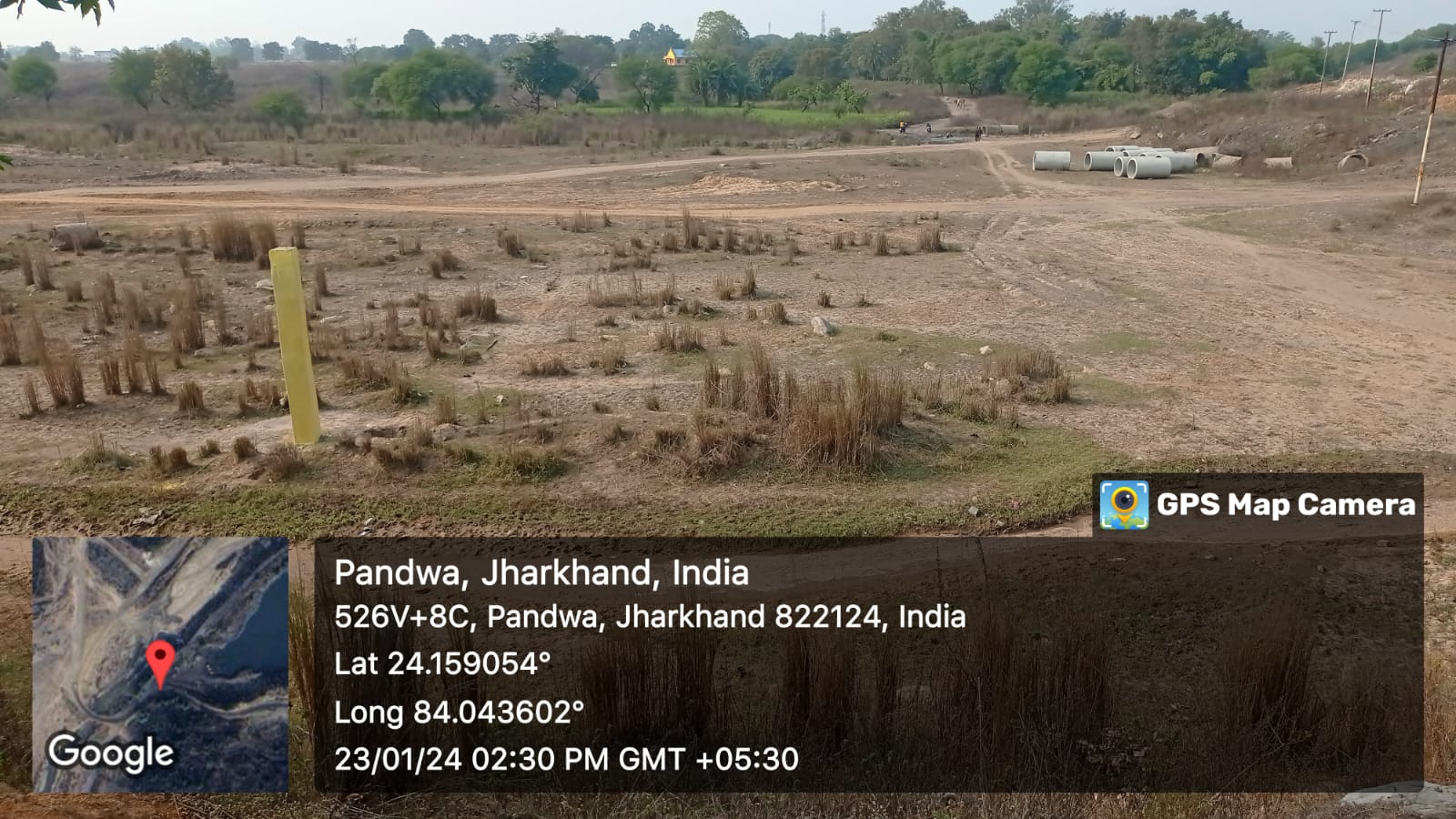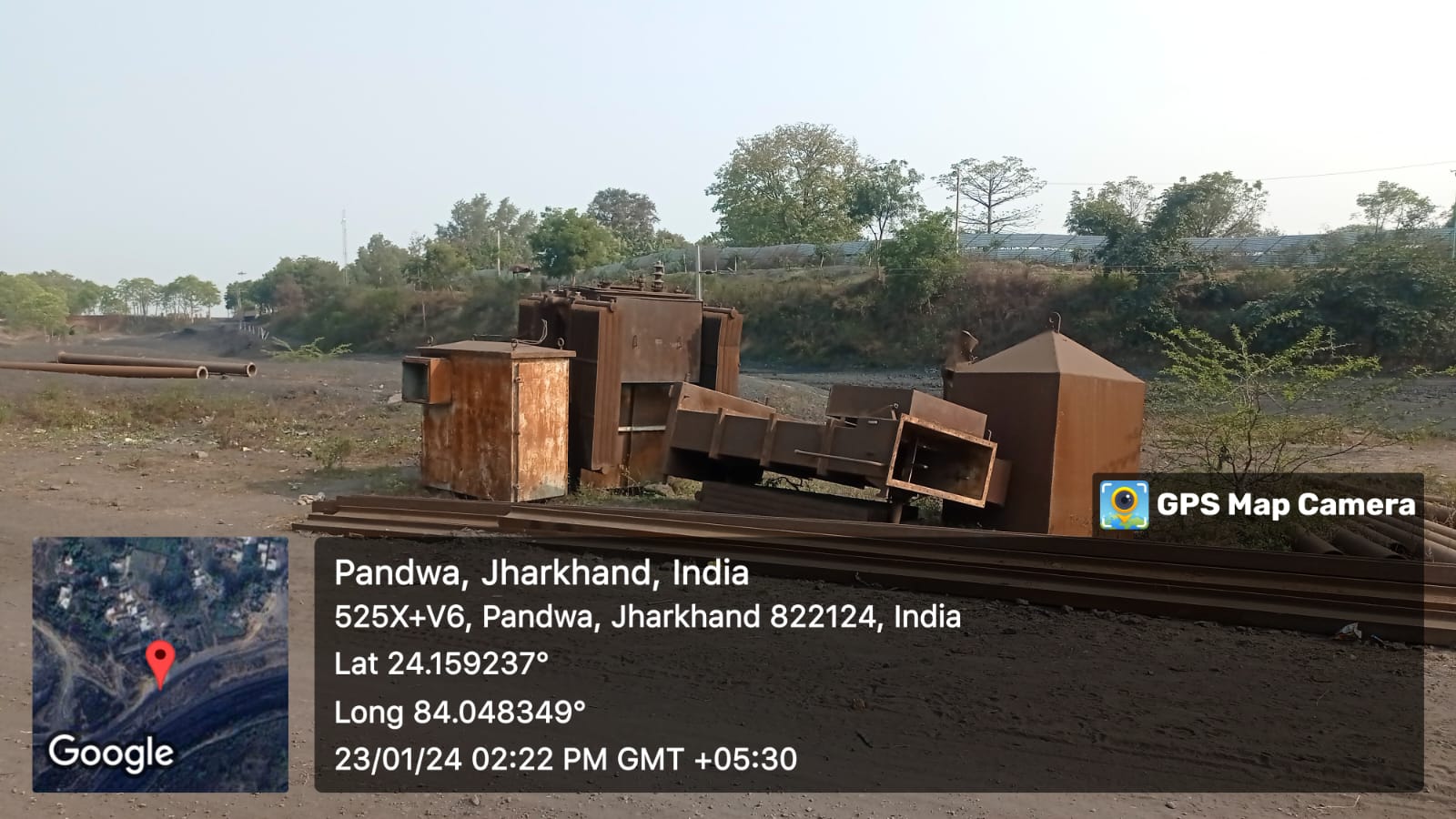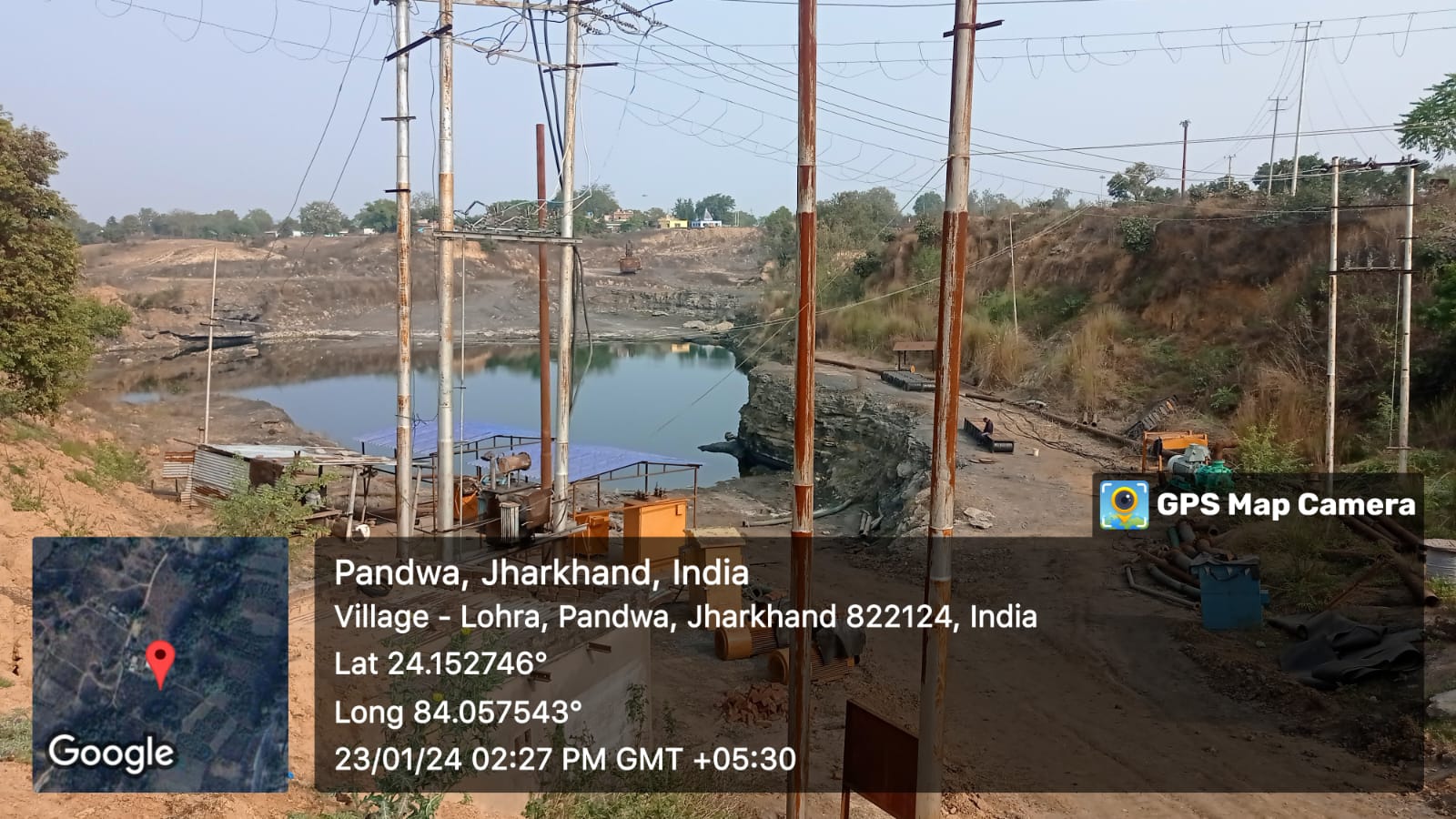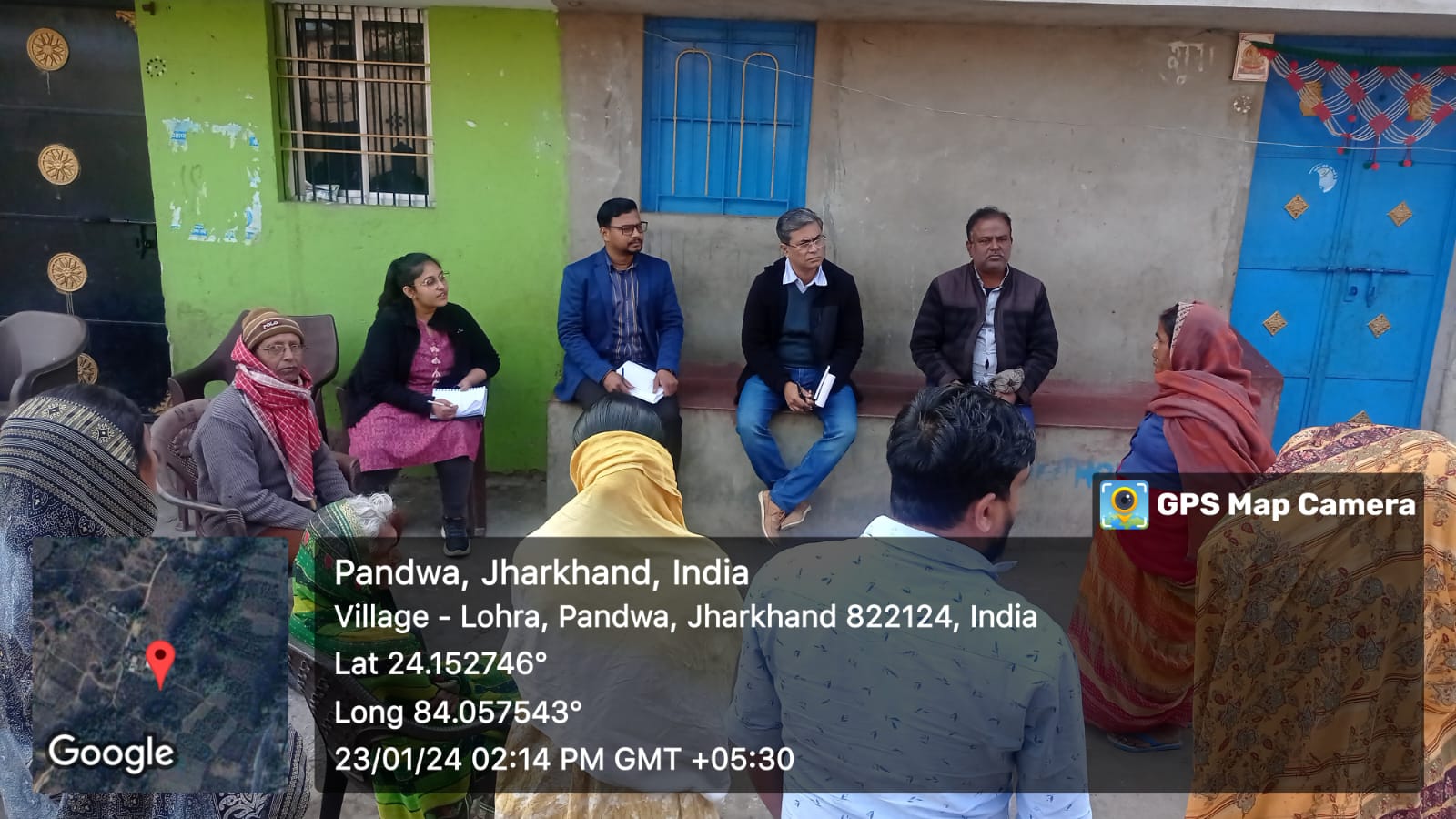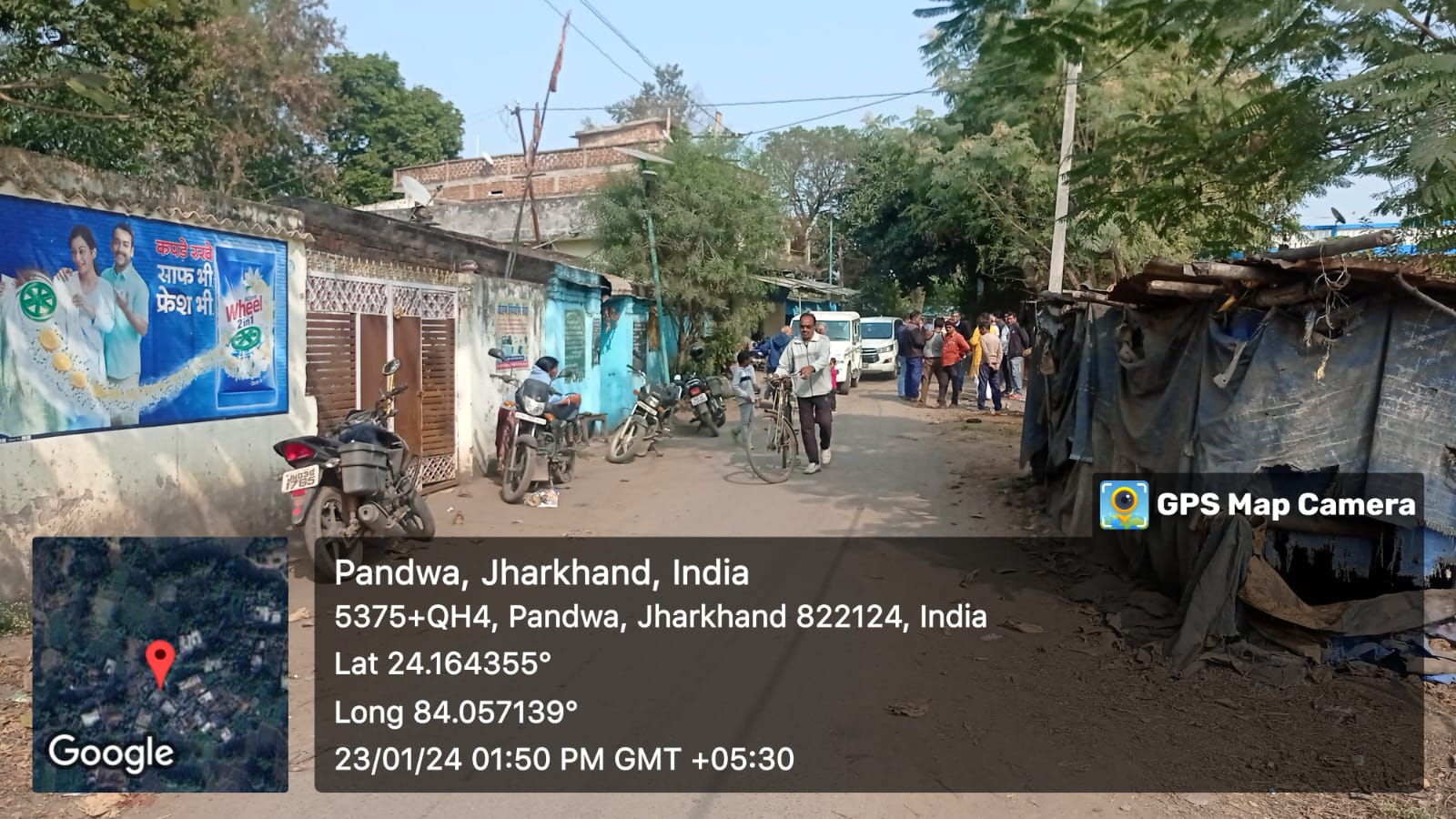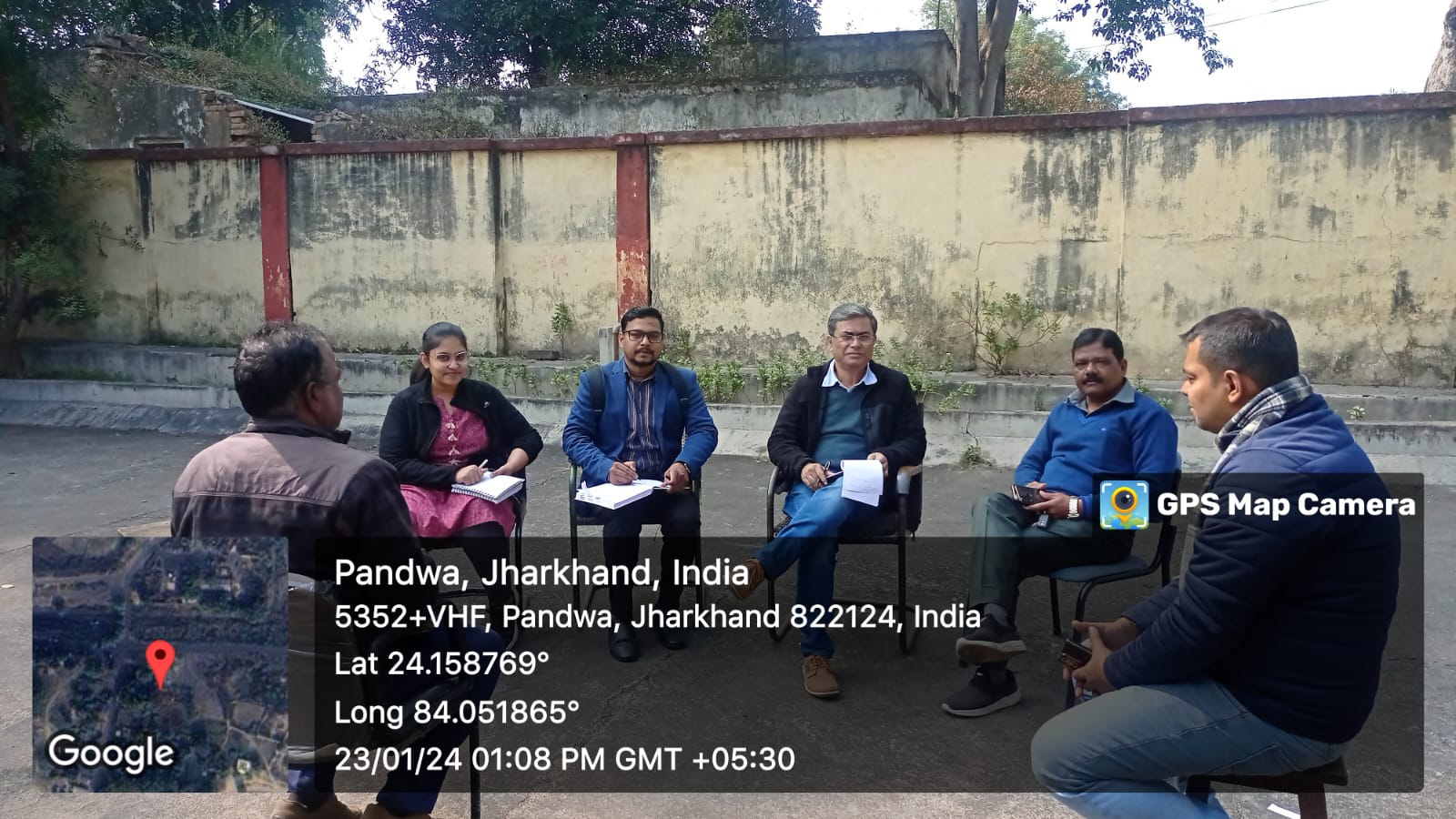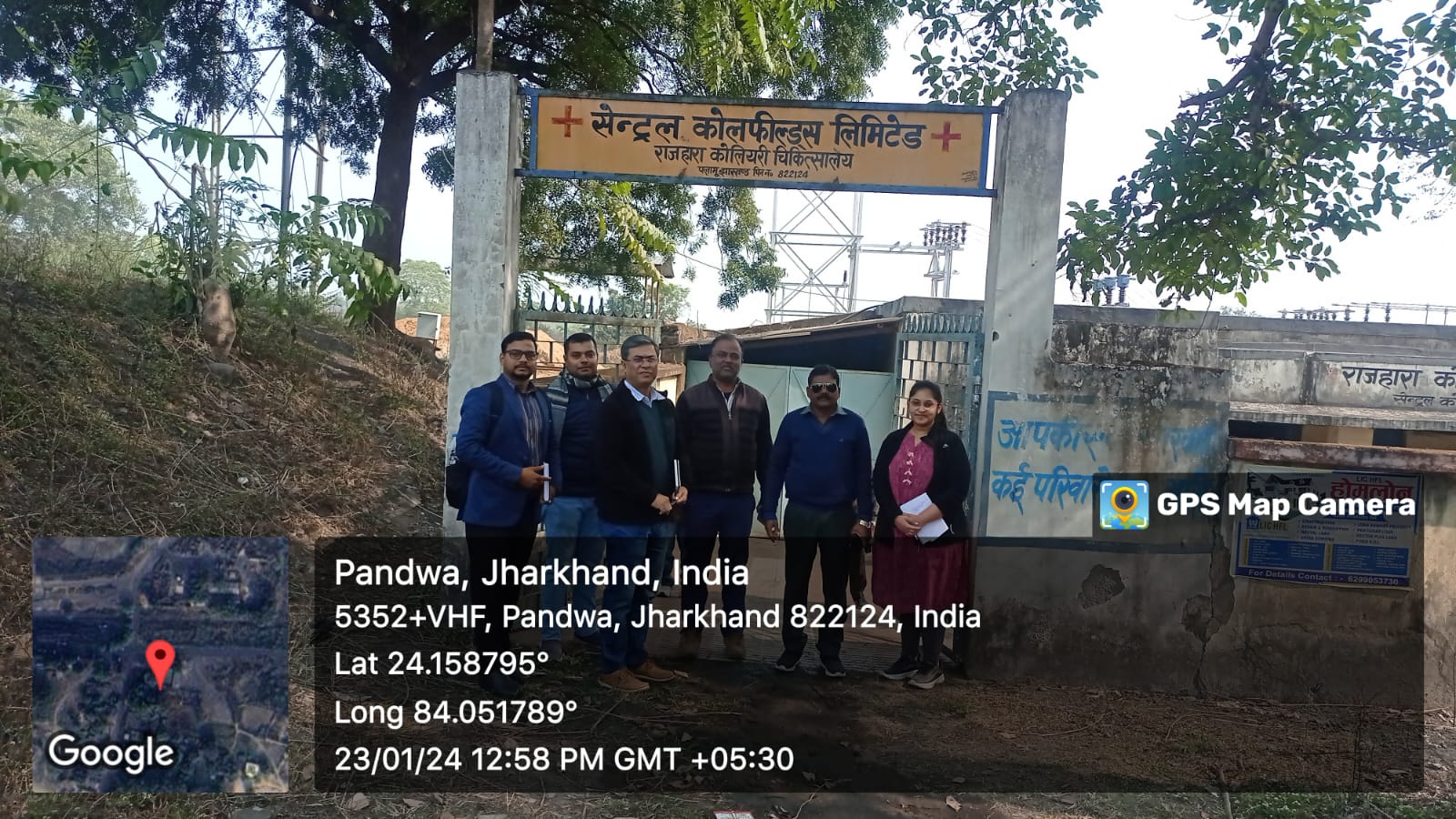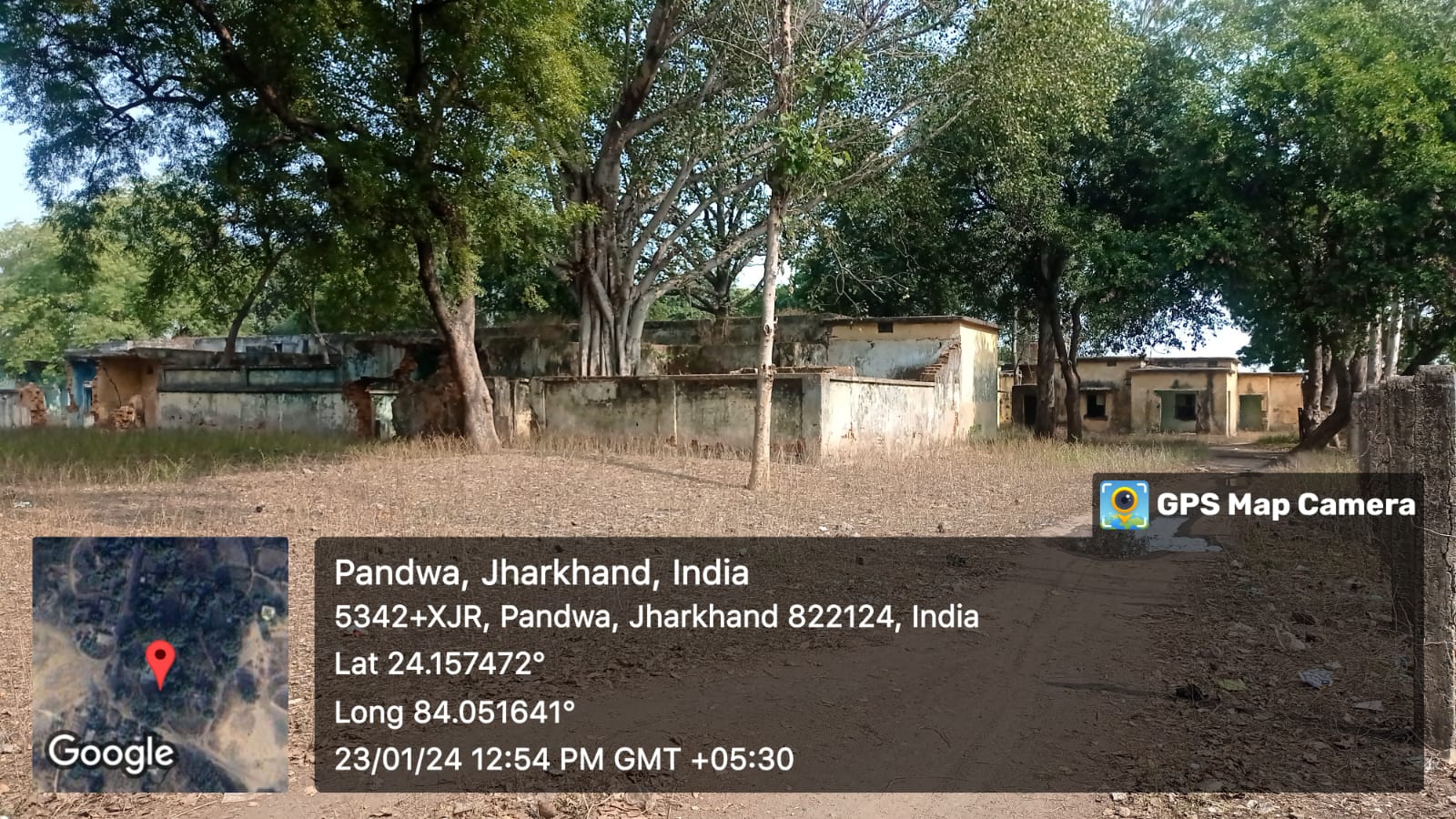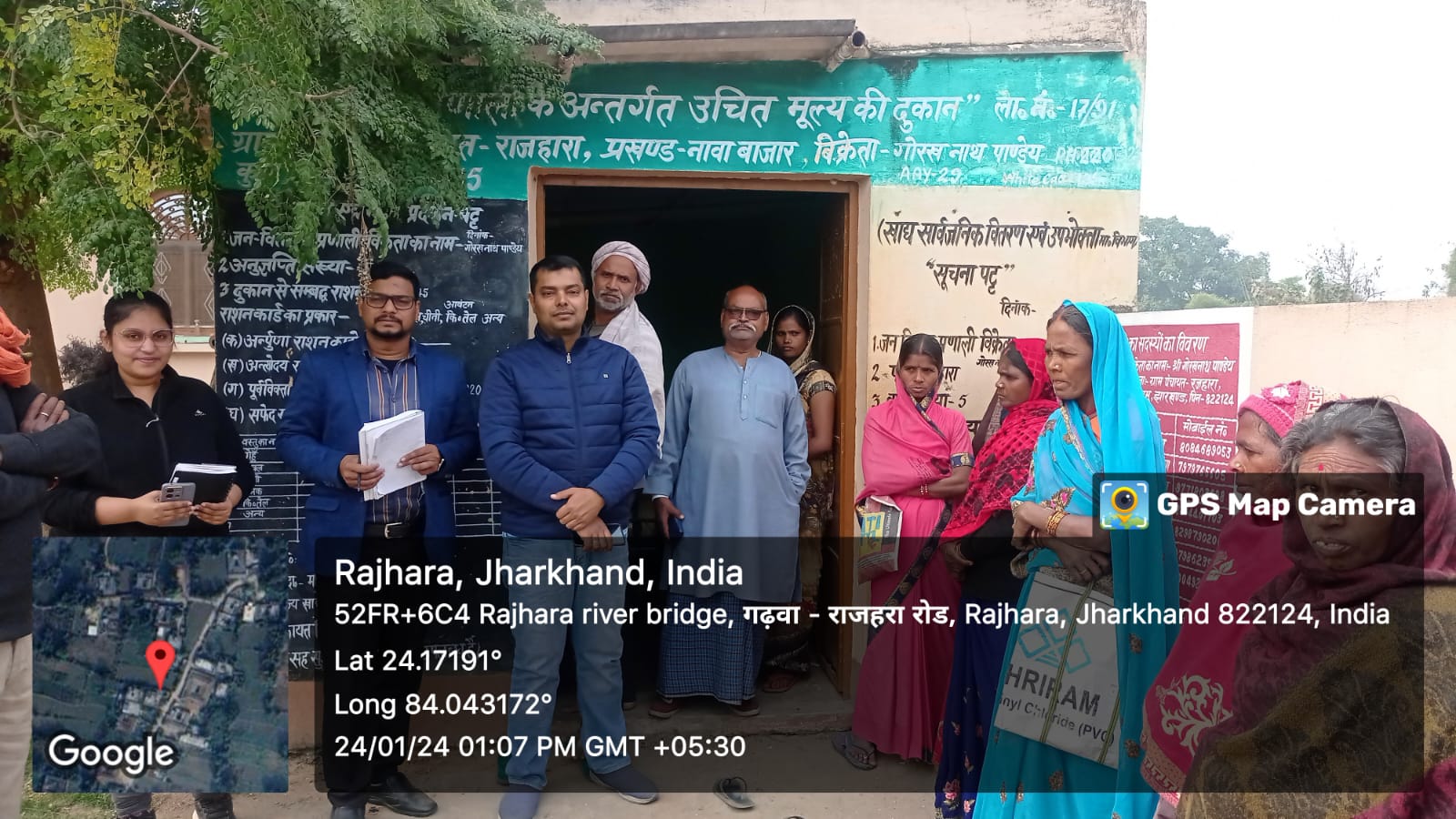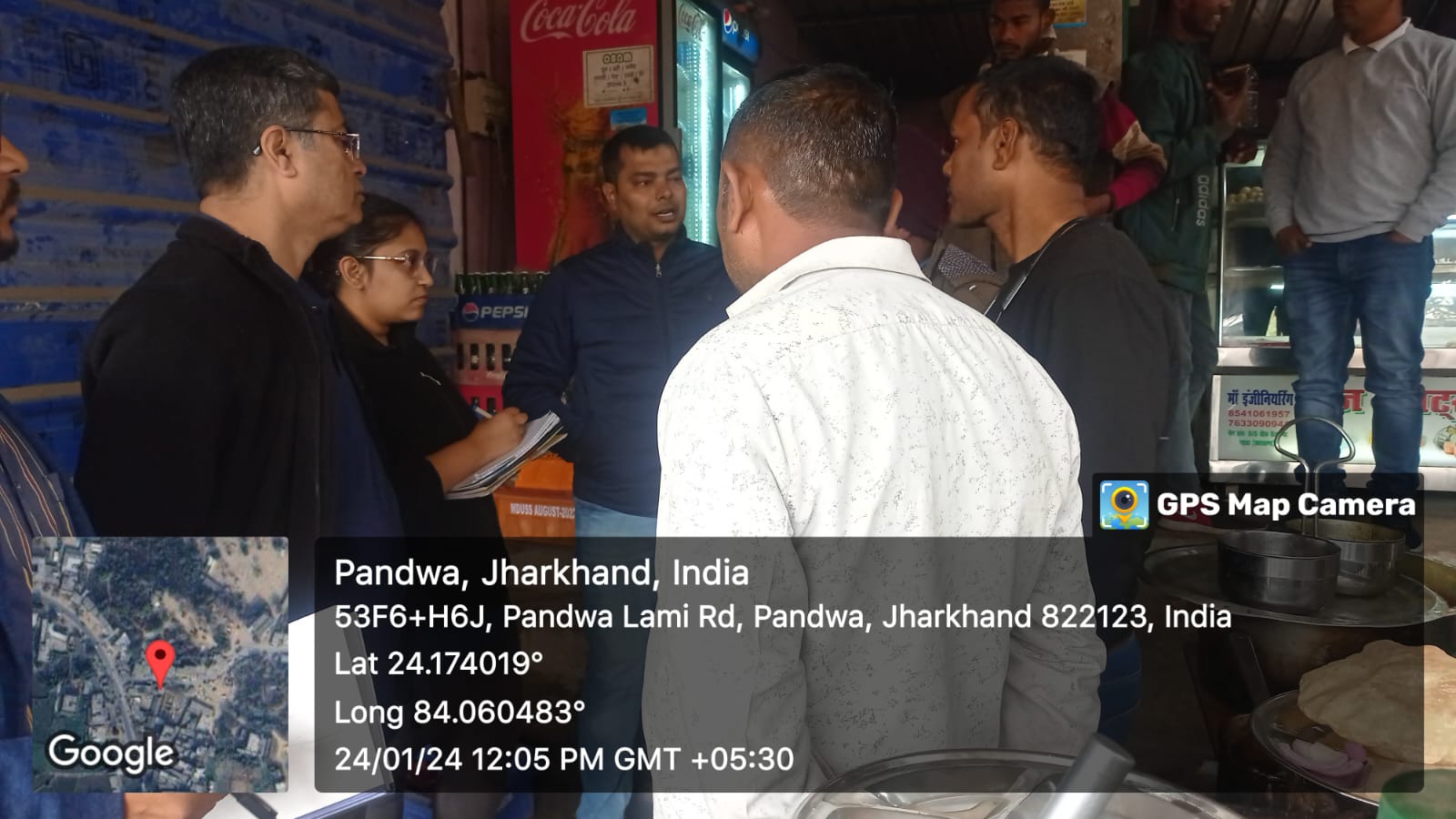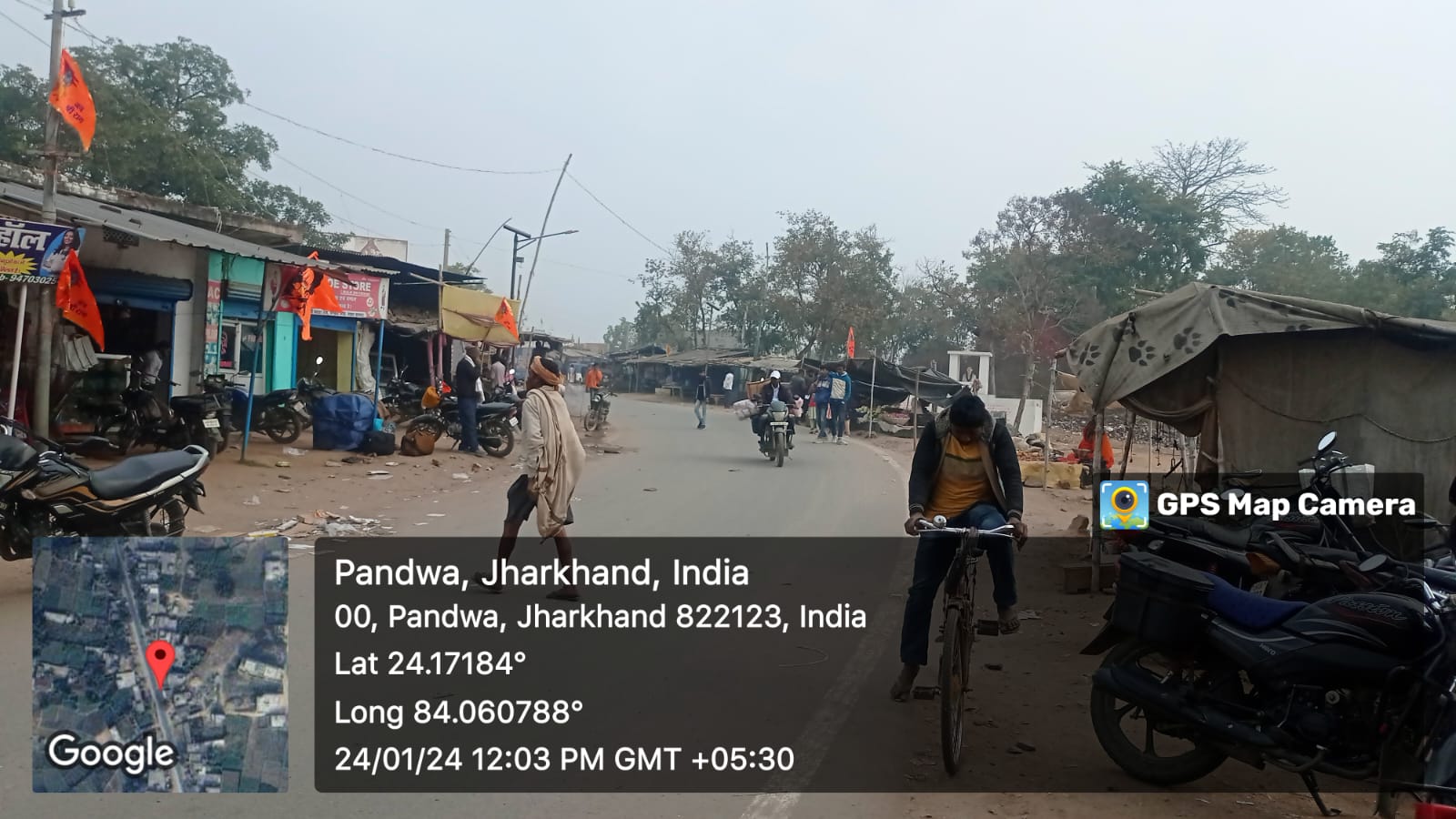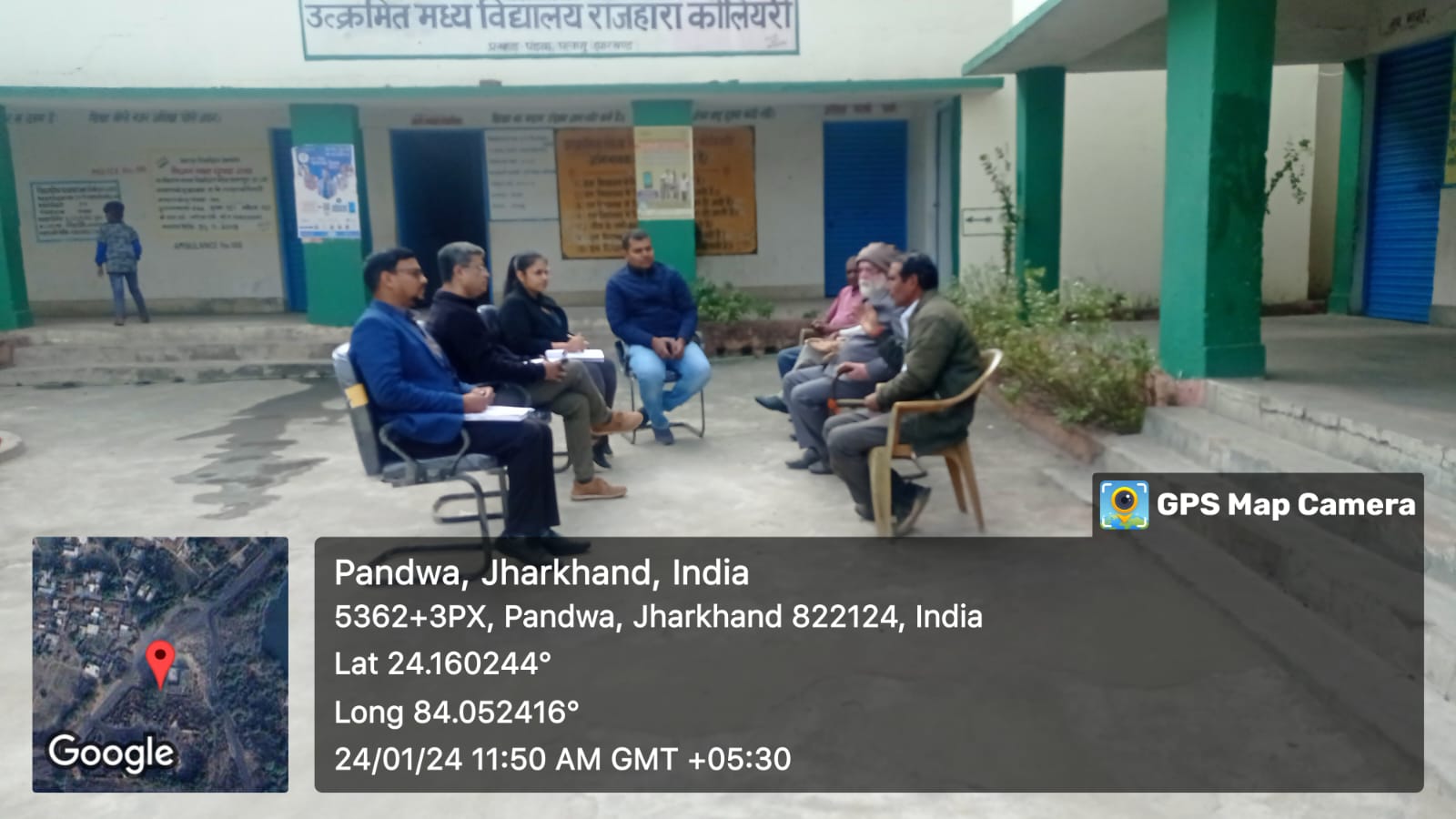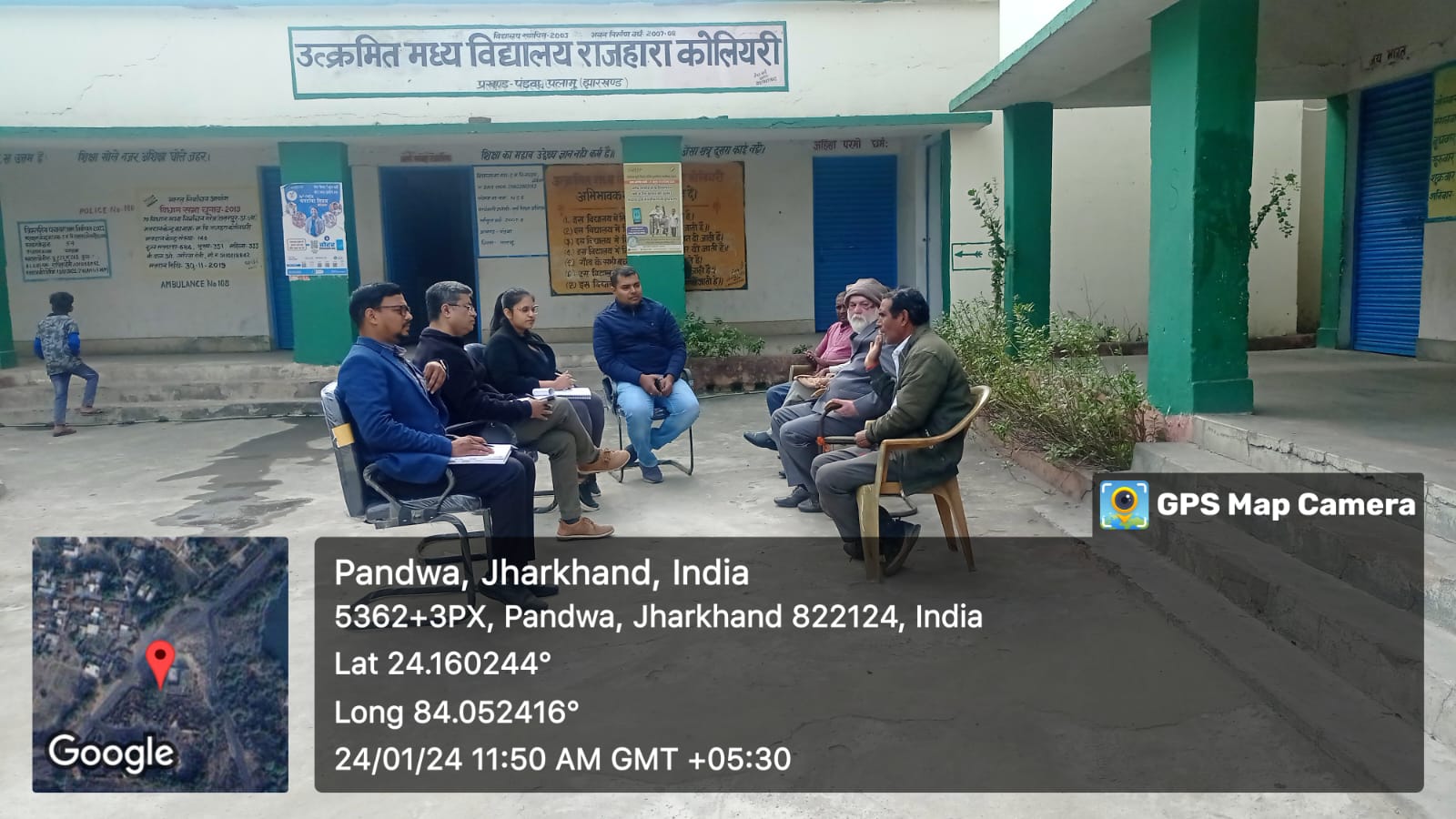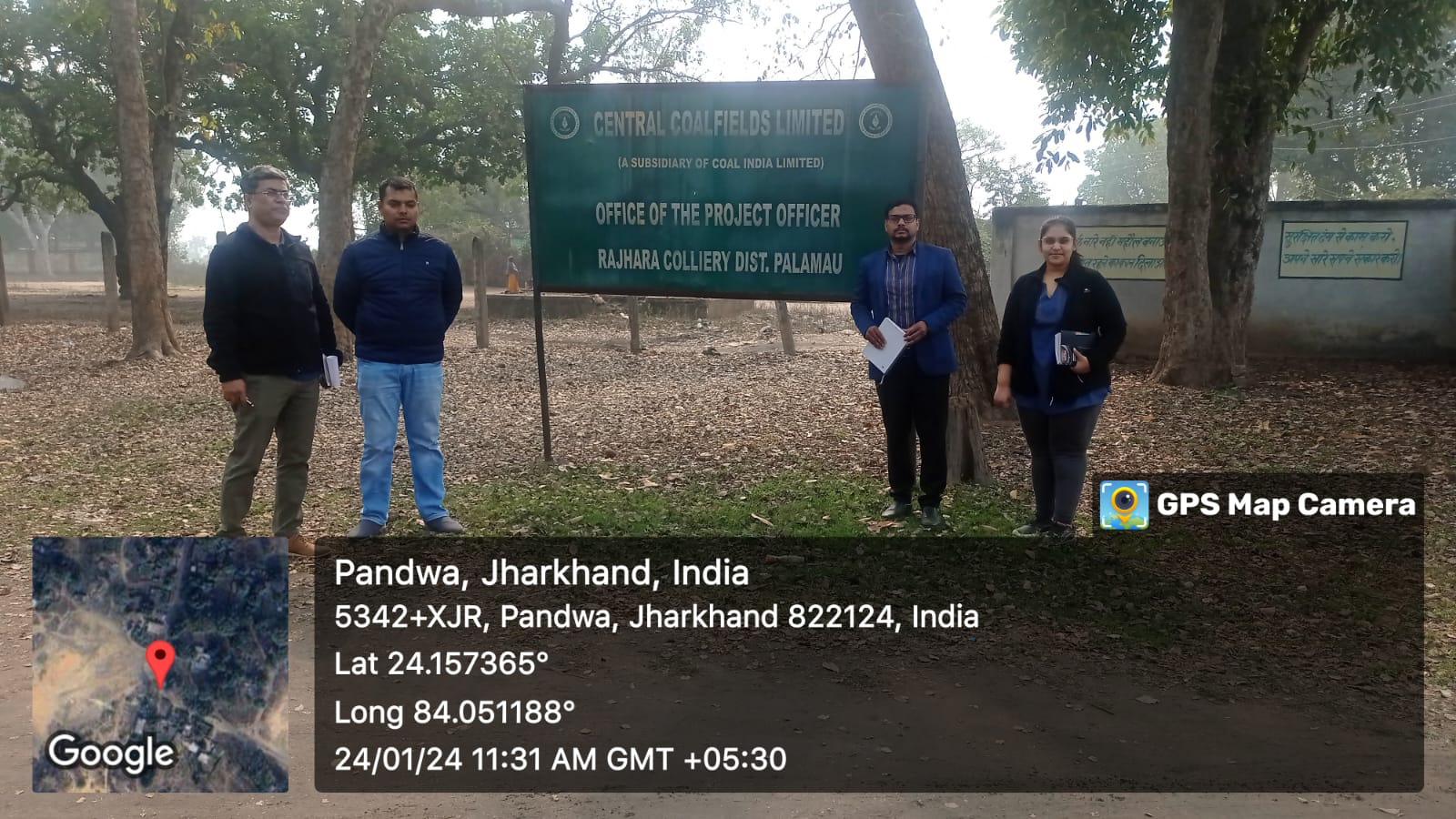ACPET’s consultative workshop on ‘Viksit Bharat @2047 and Net Zero @2070 Trajectory – Delayed Thermal Coal Phase-Down in India’ brought together leading policymakers, economists, researchers, and energy experts to deliberate on India’s energy future. The workshop explored the challenges of balancing economic growth, energy security, and a just transition while addressing the critical question of India’s coal phase-down in the context of long-term net-zero commitments.
The deliberations highlighted modelling insights that suggest coal peaking is unlikely before 2047, with thermal coal demand projected to range between 1,228 MT and 3,612 MT by 2047 depending on renewable energy penetration and sectoral growth. While achieving 50% electricity from renewables by 2047 would require quadrupling RE capacity (1217–1279 GW), findings underscored that India would still require around 566 GW of coal-based capacity to maintain grid stability. The discussions challenged the perception that greater renewable penetration alone would significantly reduce coal use, noting the importance of coal in addressing intermittency and stability concerns.
The workshop emphasized that India’s energy transition must remain people-centric, protecting coal-dependent communities and ensuring a just and equitable pathway forward. It further reaffirmed ACPET’s commitment to advancing evidence-based research and collaborative dialogue to support India’s sustainable energy transition.
The sessions saw active participation and contributions from experts representing The Energy and Resources Institute (TERI), NTPC Limited, Coal India Limited, Prayas (Energy Group), Integrated Research and Action for Development (IRADe), WRI India, Jawaharlal Nehru University (JNU), Central Electricity Authority (CEA), FSR Global, HSBC, Chintan Research Foundation (CRF), Central Mine Planning & Design Institute (CMPDI), TrustBridge Rule of Law Foundation, and a former member of the Central Electricity Regulatory Commission (CERC).
The event underscored the urgent need for integrated approaches that combine technological, social, and governance dimensions to chart India’s pathway towards Viksit Bharat and Net Zero.
Media Coverage: The Pioneer – “Ashoka University hosts meet on Coal phase-down by 2047”
Click here for detailed Conference Proceedings
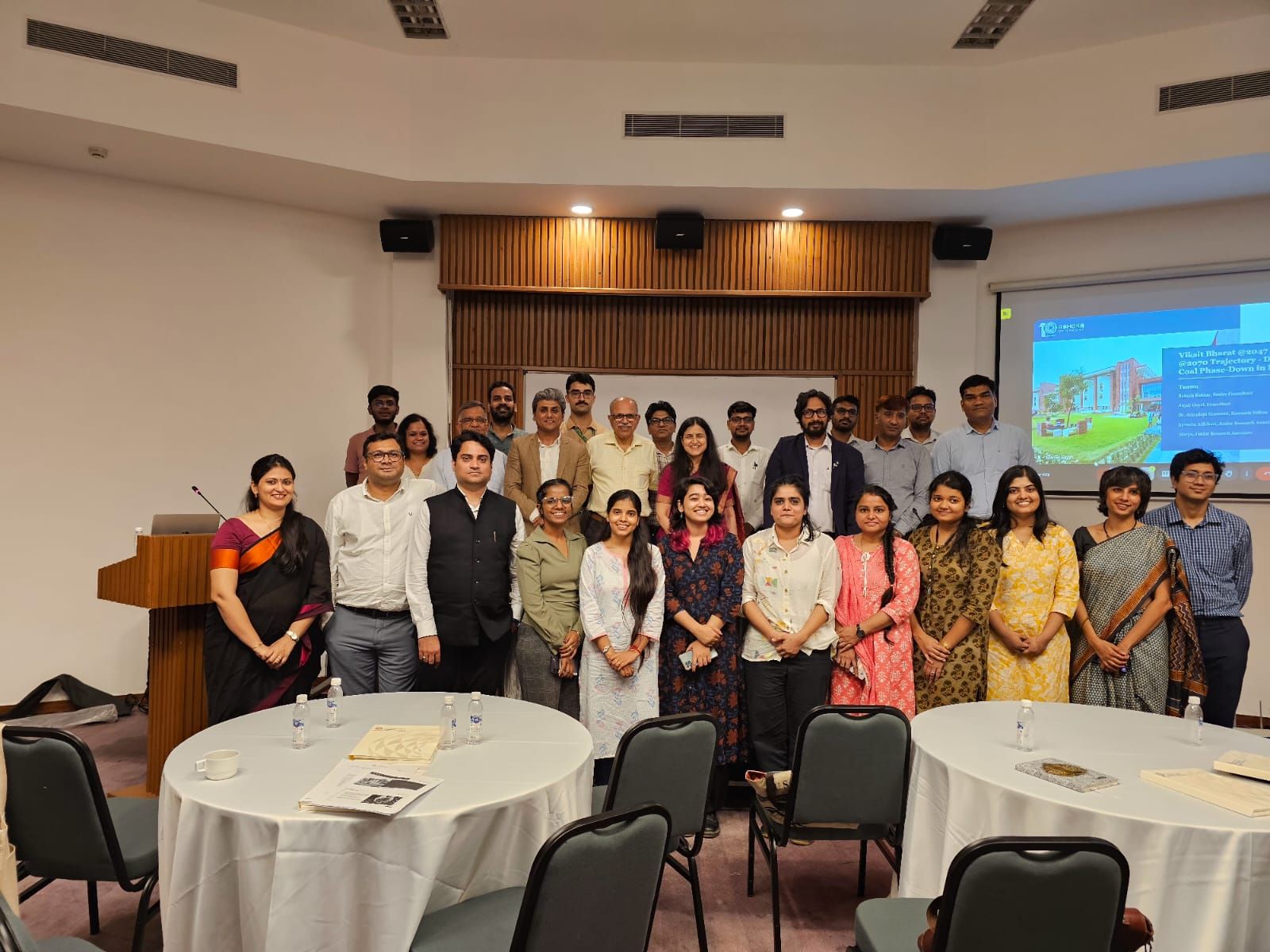
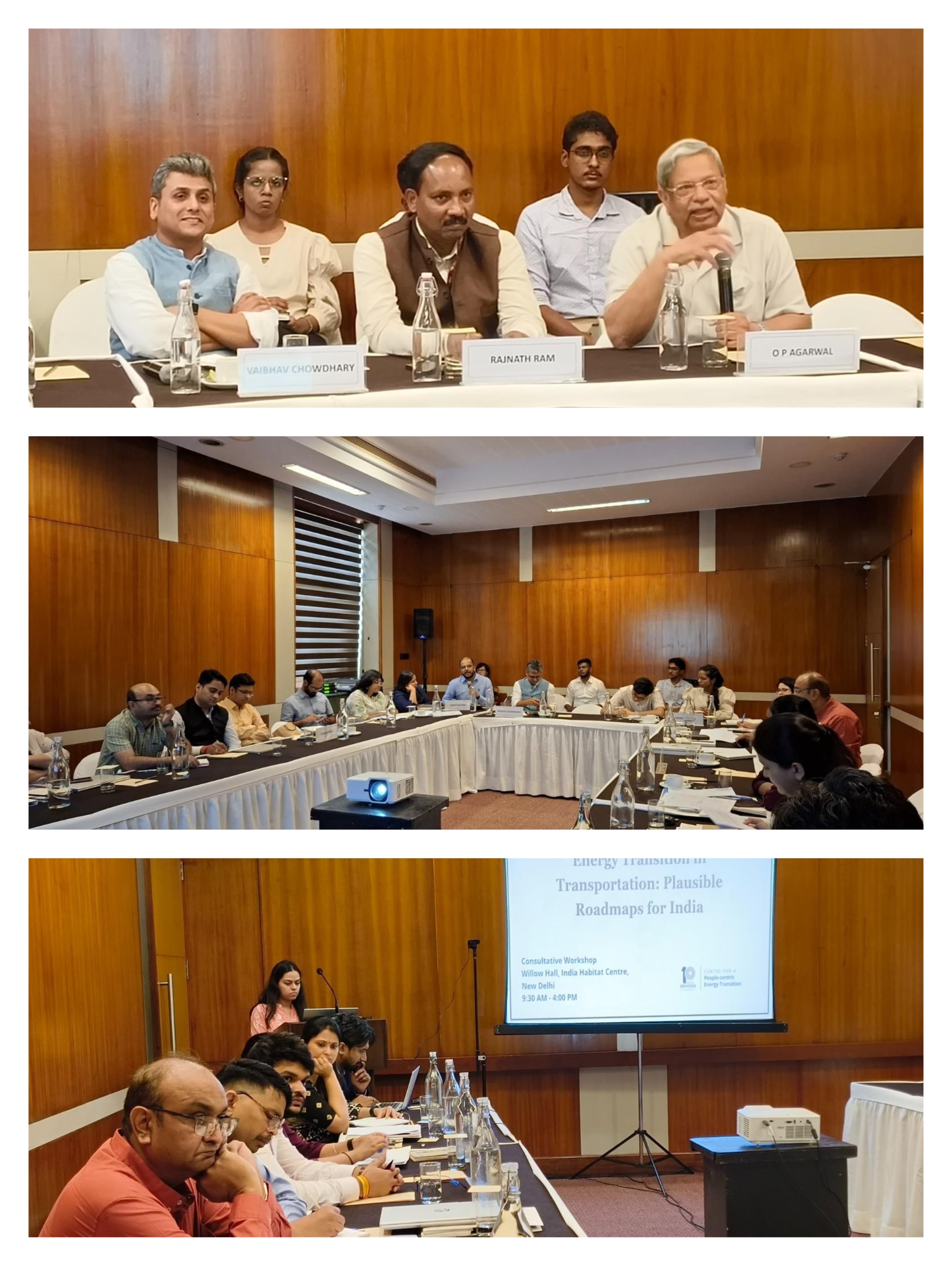
.jpg)
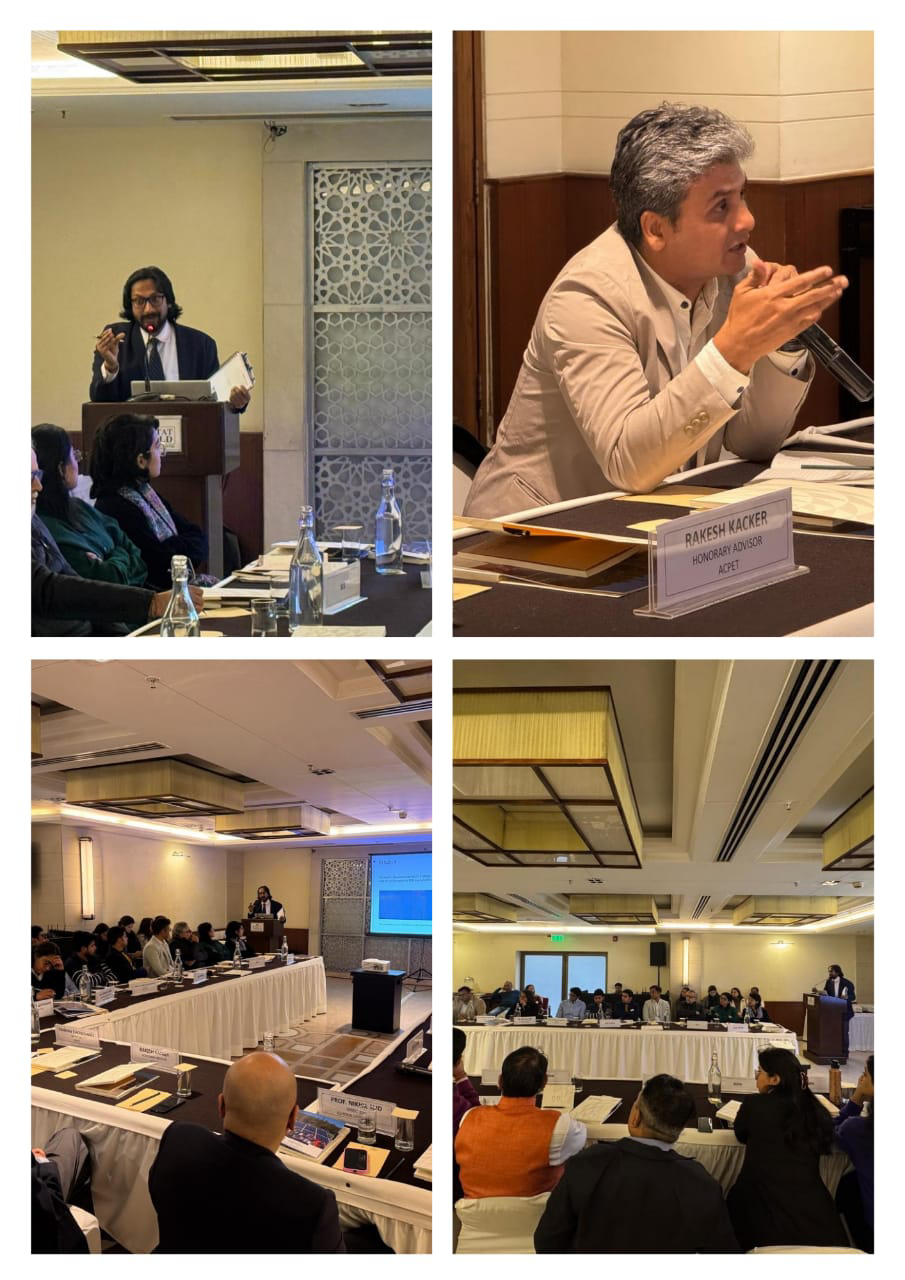
.jpg)





































